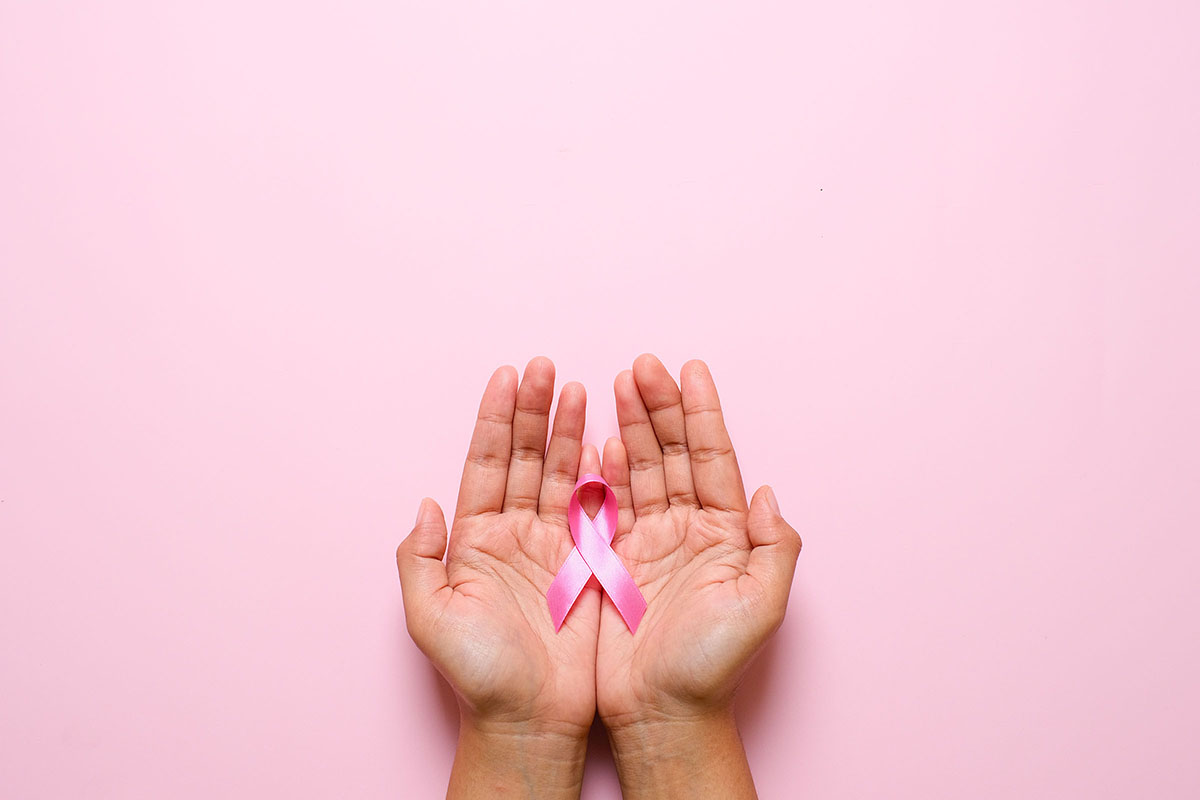October is Breast Cancer Awareness Month
Sunday, October 1, 2023
October is more than ghosts, goblins and trick-or-treating – it is also Breast Cancer Awareness Month. This disease affects one in eight women in the United States every year and 2.3 million women worldwide.
Breast Cancer Awareness Month aims to support people diagnosed with breast cancer, educating people about breast cancer risk factors and stressing the importance of regular screenings, which should start at age 40 or an age that’s appropriate for a woman’s breast cancer risk.
Breast cancer isn’t something that can usually be prevented, so it’s important to be proactive about your health, said Diana Romano, Oklahoma State University Extension associate specialist.
“Doctors seldom know why one woman develops breast cancer and another doesn’t, but what we do know is that breast cancer is always caused by damage to a cell’s DNA. Why or how that DNA becomes damaged is still unknown,” Romano said. “The damage can be caused by genetic or environmental/lifestyle factors – or in most cases, a combination of the two.”
Women with certain risk factors are more likely than others to develop breast cancer. A risk factor is something that may increase the chance of getting a disease. While some risk factors can be avoided, such as drinking alcohol most risk factors cannot. Having a risk factor doesn’t mean a woman will get breast cancer. In fact, 60% to 70% of women with breast cancer have no connection to the risk factors, and others with risk factors never develop the disease.
Romano said some of the genetic risk factors that cannot be changed include gender, age, race, family history, health history, menstrual and reproductive history, certain genome changes and dense breast tissue.
Environmental and lifestyle risk factors that can be changed include lack of physical activity, poor diet, being overweight or obese, drinking alcohol, radiation to the chest and combined hormone replacement therapy.
“A sedentary lifestyle with little physical activity can increase your risk for breast cancer,” she said. “Moving your body or exercising for as little as 20 minutes a day can help lower this risk factor. Also, a diet high in saturated fats and lacking fruits and vegetables can increase your risk. Eating 3.5 to 5 cups of fruits and vegetables each day can be beneficial.”
Although breast cancer is typically found in females, it also affects men. Roughly 2,700 men will be diagnosed with breast cancer this year, and about 530 are expected to die. Unfortunately, lack of awareness and stigma can be barriers to detection and care.
“For many, the key to survival is early detection. As we observe Breast Cancer Awareness Month, take the time to get a screening,” Romano said.

